I closed my article last week, acknowledging the ongoing reforms at the Ministry of Solid Minerals under Mr Dele Alake. Read More
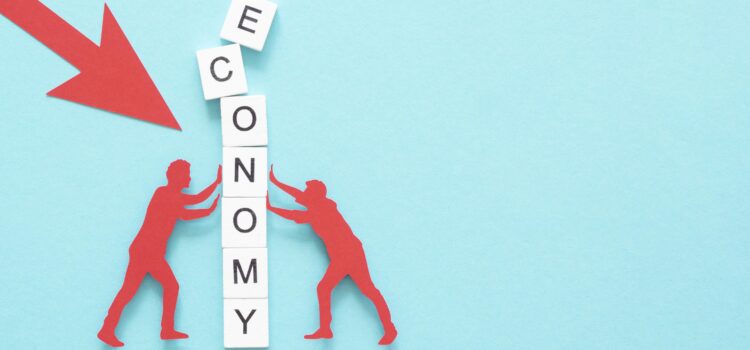

I closed my article last week, acknowledging the ongoing reforms at the Ministry of Solid Minerals under Mr Dele Alake. Read More

What should the next stage of Nigeria’s successful economic reforms entail? I propose in this article a citizen and analyst’s blueprint on suggestions for deepening and extending our reform agenda. Read More
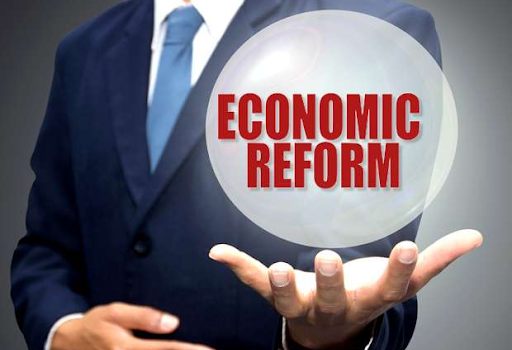
Last week, I laid out the context preceding May 29, 2023, and summarised the evolution of policy concerning Nigeria’s downstream petroleum sector and exchange rate management until the advent of President Tinubu. Read More
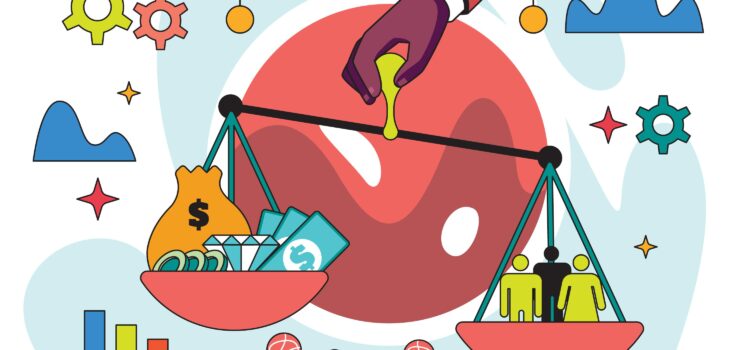
President Bola Tinubu embarked on fundamental economic and policy reforms immediately after he assumed office on May 29, 2023. The central pillars of those reforms were his immediate abolishment of the regime of fuel subsidies, which had been in place since the 1970s when Nigeria considered itself oil-rich and decided to offer generous subsidies Read More
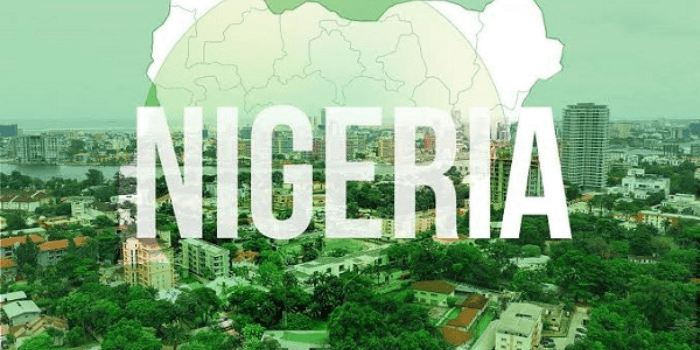
Yesterday I discussed four country case studies on economic reforms on social media—Singapore, India, China, and Britain under various leaders—Lee Kwan Yew in Singapore, multiple Indian leaders including Indira and Rajiv Gandhi, Manmohan Singh and Narasimha Rao, Deng Xiaoping of China, and Britain’s Margaret Thatcher. The broad theme of my exposition was to suggest based on the evidence that the road to successful economic reforms may be long and often painful and to call for leadership dedication and popular endurance as we sustain the journey. Read More
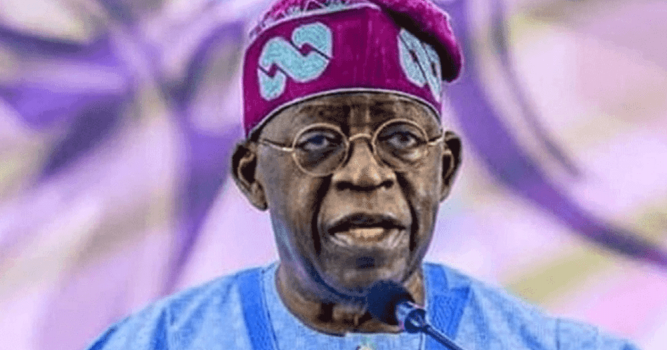
Let me make some comments on economic reforms. I teach a business environment course that focuses on the economic, political, and social environment of business. These days, we also include legal/regulatory, technology, and global environments.
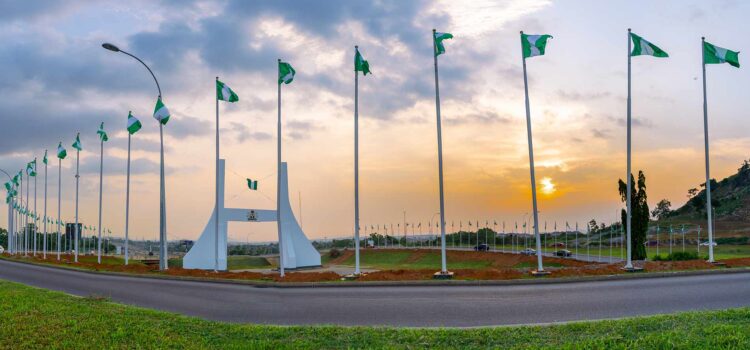
I start this review of Nigerian economy and policy at this critical time by highlighting the difference between strategy and tactics. Strategy encompasses a long-term, comprehensive, “strategic” aspiration or direction for the firm or nation, and decisions and actions directed thereat while tactics are short-term, isolated actions taken as components of the “strategy”. While strategy, right strategy is critical, tactics matter, especially in relation to implementation-a viable strategy may be enhanced or subverted by poor tactics! My hypothesis is that while the evident strategic aspiration of current policy towards a market-driven economic policy is desirable or even compelling, some tactical implementation approaches may be questionable or at least debatable.
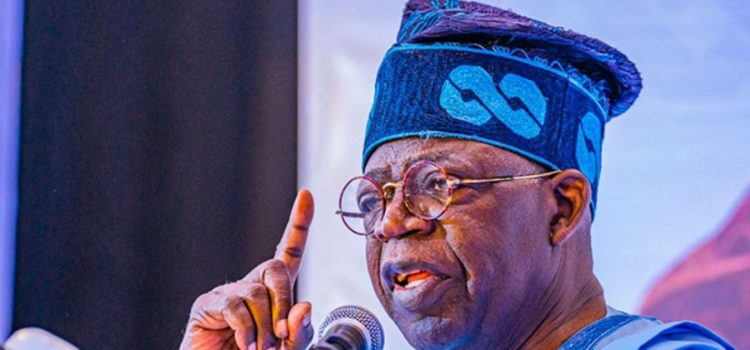
Can you put in context how Nigeria fared under the administration of President Muhammadu Buhari?
I think the performance of the previous government should not be a matter of controversy since we all lived in Nigeria. I don’t expect any argument over the assertion that the economy has been suboptimal over the last nine years. I stretched it to nine years because the last year of President Goodluck Jonathan was also a period of downward economic performance. Subsequently, we witnessed suboptimal economic performance during the eight years of President Muhammadu Buhari. Indeed, the administration started with a vacuum in policy. Read More
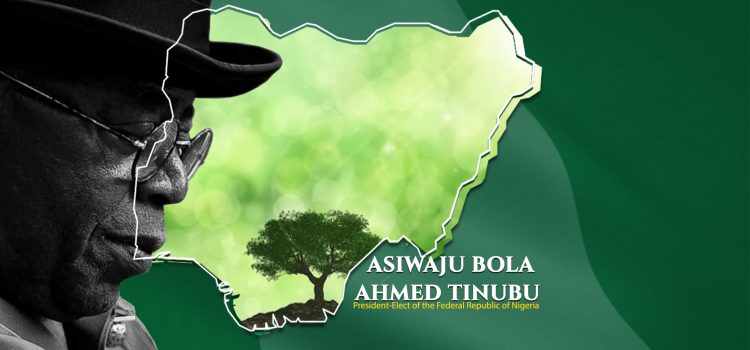
When Asiwaju Bola Ahmed Tinubu declared “Emilokan” (“It is my Turn) in Abeokuta in June 2022, it was an act of defiance and determination, as he perceived that those who benefitted from his political franchise in 2015 and 2019, might be seeking to deny him his lifelong ambition for Nigeria’s presidency. It had emerged that the so-called “cabal” around President Muhammadu Buhari, Read More
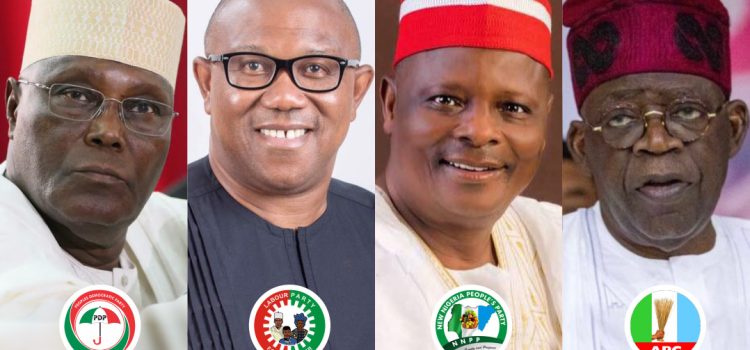
In terms of policy orientation, we characterize Tinubu as “market/welfarist”, Atiku as “market/capitalist”, Obi as “market/entrepreneurial” and Kwankwaso as “statist”.